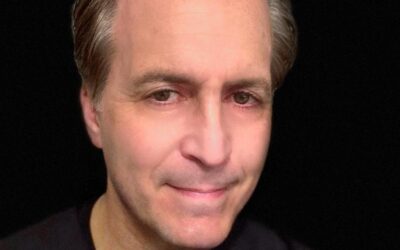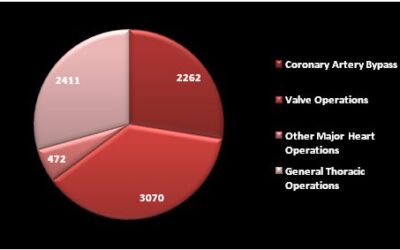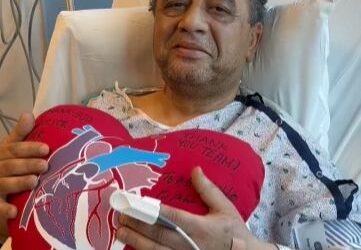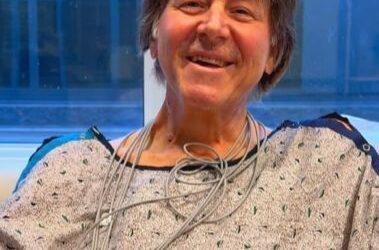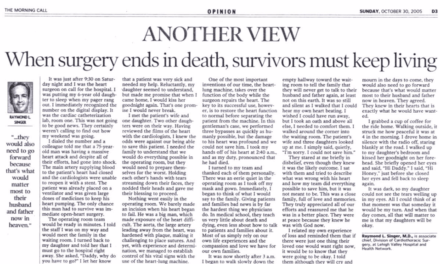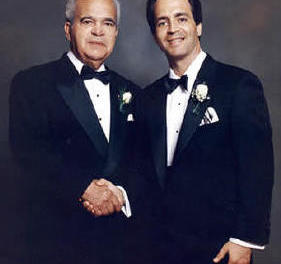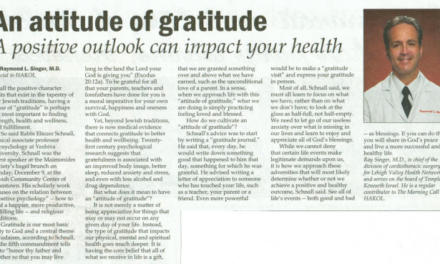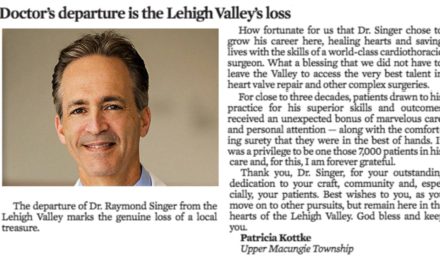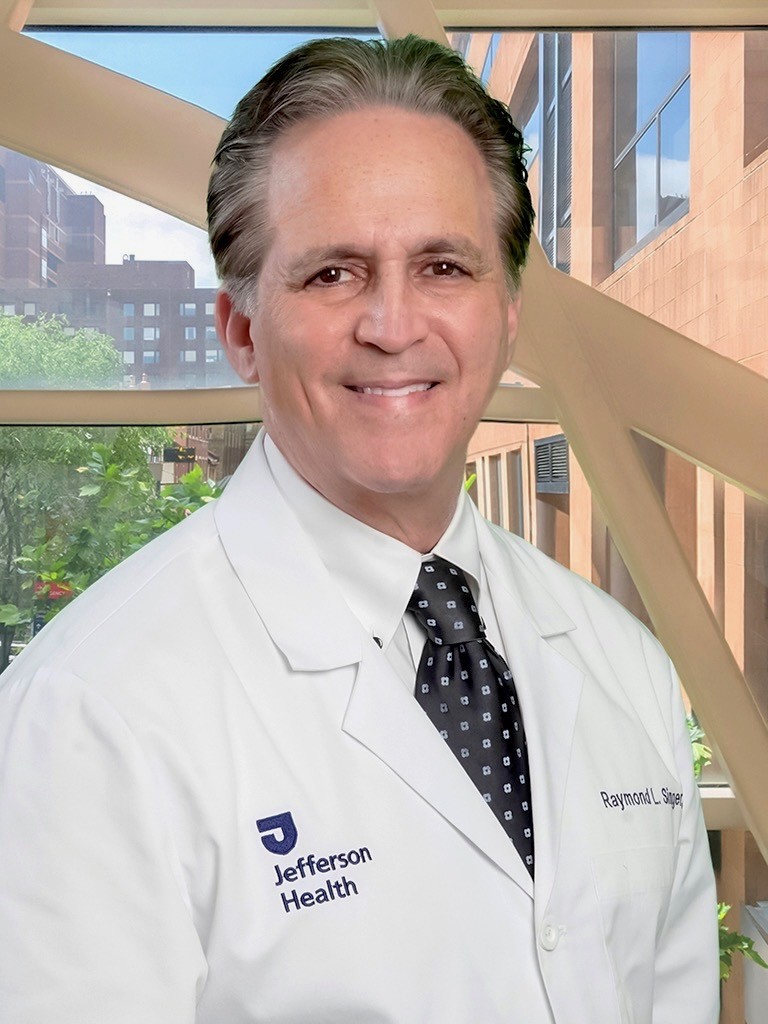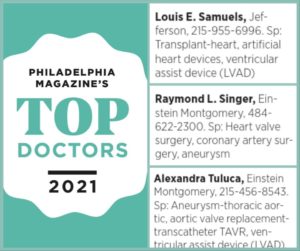– Published in the Morning Call, 1/20/2022
Hospitals can be peaceful looking and beautiful on the outside. Inside, health care providers are dealing with a surge of COVID-19 patients that is unprecedented since the pandemic began.
To make matters more challenging, there are many doctors, nurses and staff who have also contracted COVID, and many others who are caring for family members, including for children at home who are sick.
Some say that this new variant, omicron, is nothing more than sniffles and a sore throat. Thankfully for many, it is a milder version.
And, yes, it is true that even those who have been vaccinated with a booster have contracted the disease — though part of the reason that the symptoms are milder is due to the many who took the vaccines.
Still, there are people who contract omicron and become quite ill, especially if they were never vaccinated. Some patients still require ventilators. Emergency departments and intensive care units are filled with seriously ill COVID patients.
This surge is also forcing hospitals to selectively postpone elective procedures and operations on patients. Staffing issues have become a challenge, with caregivers being out sick with COVID themselves.
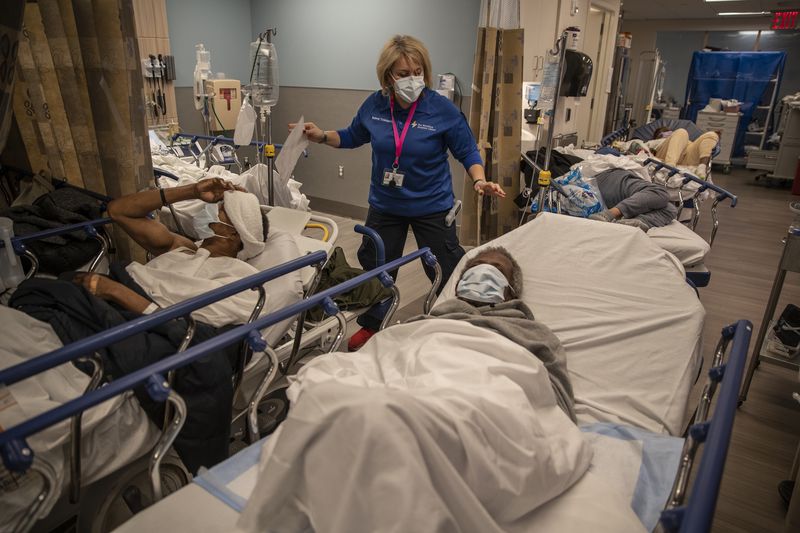
COVID patients lie side by side on stretchers at the short-staffed Brooklyn Hospital Center, in New York, Jan. 12, 2022. The omicron variant’s symptoms are generally milder, and far fewer are dying. But the patients keep arriving in droves. (Victor J. Blue/The New York Times)
We hope that omicron will come and go quickly. We hope the next variant(s) will not come to our shores, or hopefully not exist at all. We all hope that we can return to normalcy soon. But until then, our hospitals and the hardworking teams within them are stretched to their limits.
All hospitals want to be there when you need us. But we need your help, too. Here’s how:
First, if you feel that you have developed symptoms consistent with COVID, please seek out your primary care physician for testing and do not come first to the emergency department.
There are many patients coming to emergency departments just to receive a test, and that volume of patients flooding all hospitals is simply not sustainable.
Second, despite their limitations, vaccines have helped tremendously. Moreover, their safety margins are in fact excellent, based on actual observational studies and research.
Scientists worldwide are working day and night to keep up with this ever-changing virus, developing new vaccines and treatments. Merck Pharmaceuticals, which is just a few miles from my hospital, is developing antiviral medications to combat this disease.
Third, we all need to continue to use common sense. Yes, the appropriate usage of masks can help reduce the transmission of the disease. Remember, surgeons wear masks for a reason. Three-ply surgical and KN95 masks are widely available now.
Even more importantly, we need to continue to pay attention to keeping our hands and faces clean. Specifically, we need to refocus on washing our hands frequently and never touching our faces unless our hands are clean. We must emphasize this to our kids.
We also need to keep our workspaces and our homes clean. That includes our cell phones, which we all tend to be on almost every waking moment.
My final plea is that we all take a moment to be kinder and more courteous to each other. We all have different political views and concerns about the disease, as well as the therapies and vaccines.
We struggle to know what to do for our children. We struggle with the question of whether our children should be in school or at home, whether they should wear masks or get vaccines. We struggle at work and we struggle with the decision to balance work with caring for our families.
But it is time for us to stop pointing fingers at each other and start thinking about what kind of world we want for generations to come. We can only improve the societies we live in if we take a moment to listen to each other’s concerns and work together to make this a cleaner, safe and healthier planet.
When I lay down to sleep tonight, I will say a little prayer for this world. I will pray for the world’s children, who we need to become our future leaders, scientists, inventors, artists, entrepreneurs and peacemakers.
I will remember simpler times and hope they will return … and when they do, I will appreciate them more than I ever did before.
Dr. Raymond Singer is chief of cardiac surgery at Jefferson Einstein Montgomery Hospital in East Norriton, Montgomery County. He lives in South Whitehall Township.
Recent Posts
When is the Best Time to Exercise?
This video talks about the advantages of exercising in the morning. Morning workouts release endorphins and improve blood flow, helping you to feel more energized and mentally sharp throughout your day. There are fewer distractions in the morning and it makes it...
May is Mental Health Awareness Month
Let’s take this opportunity to reflect on something essential, yet often overlooked in professional environments: our mental well-being. In a world that values productivity and performance, it’s easy to forget that behind every deadline, meeting, or project is a human...
10 Jefferson Hospitals Earn an “A” Safety Grade
We are incredibly proud to announce that 10 Jefferson Health hospitals have received an "A" Hospital Safety Grade from The Leapfrog Group for Spring 2025. This recognition underscores our commitment to improve patient lives and prioritize their safety across our...
Patient Outcomes – May 1, 2025
Nothing can be more important than knowing the experience level of your surgeon. Generally speaking, the more you do something, the better you become! Since entering practice in 1992, I have performed over 8,215 major heart and lung operations and numerous minor...
Day #5 After CABG Surgery
With the patient’s permission, this video discusses the post-operative journey of an individual who underwent urgent/emergent conventional sternotomy, triple-vessel coronary artery bypass graft (CABG) surgery, after developing severe chest pain with ECG changes during...
Left Thoracotomy for Complex Mitral Valve Replacement
This is a unique case of a 64-year-old man who had a history of Hodgkins disease with mantle radiation to his chest. I had performed a surgical aortic valve replacement 10 years prior with a biological valve that is still working well. The patient now presented with...
Featured
Pages
- Learn about heart valves. Heart Valves
- Read testimonials. Testimonials
- Did you know I have a consulting firm? Singer Heart/Lung Consulting
- Check out my TedTalk! Defining Success
Links
- Links page with more information about your heart. Links
- Dr. Adam Pick's Site: heart-valve-surgery.com


